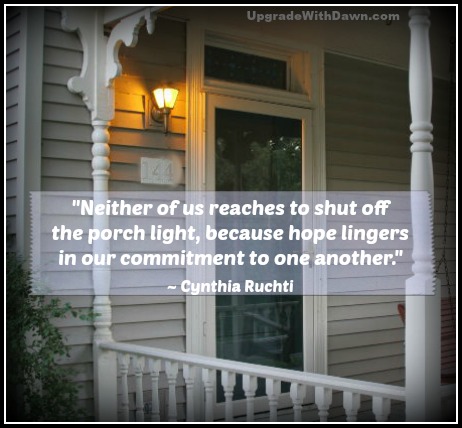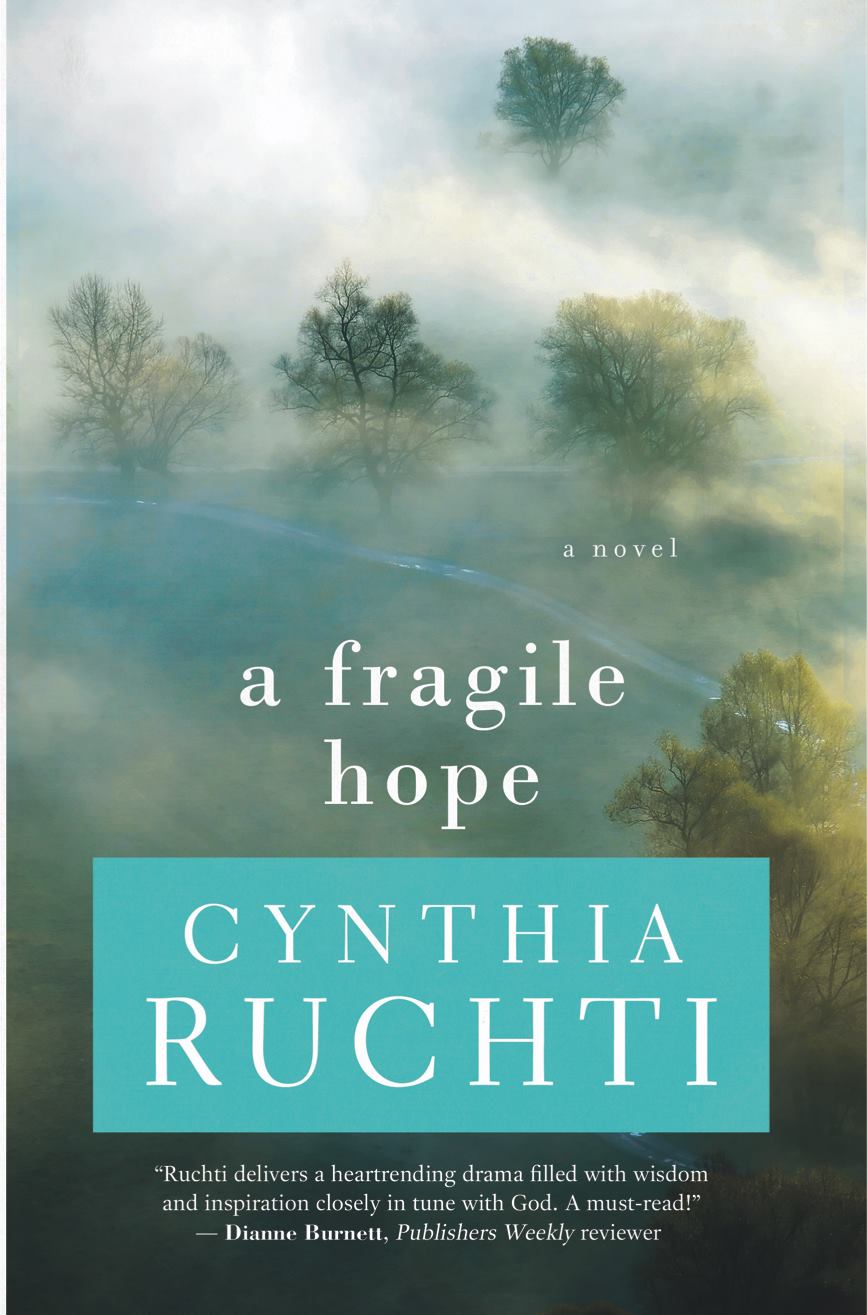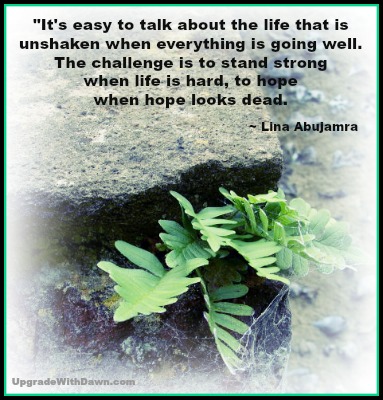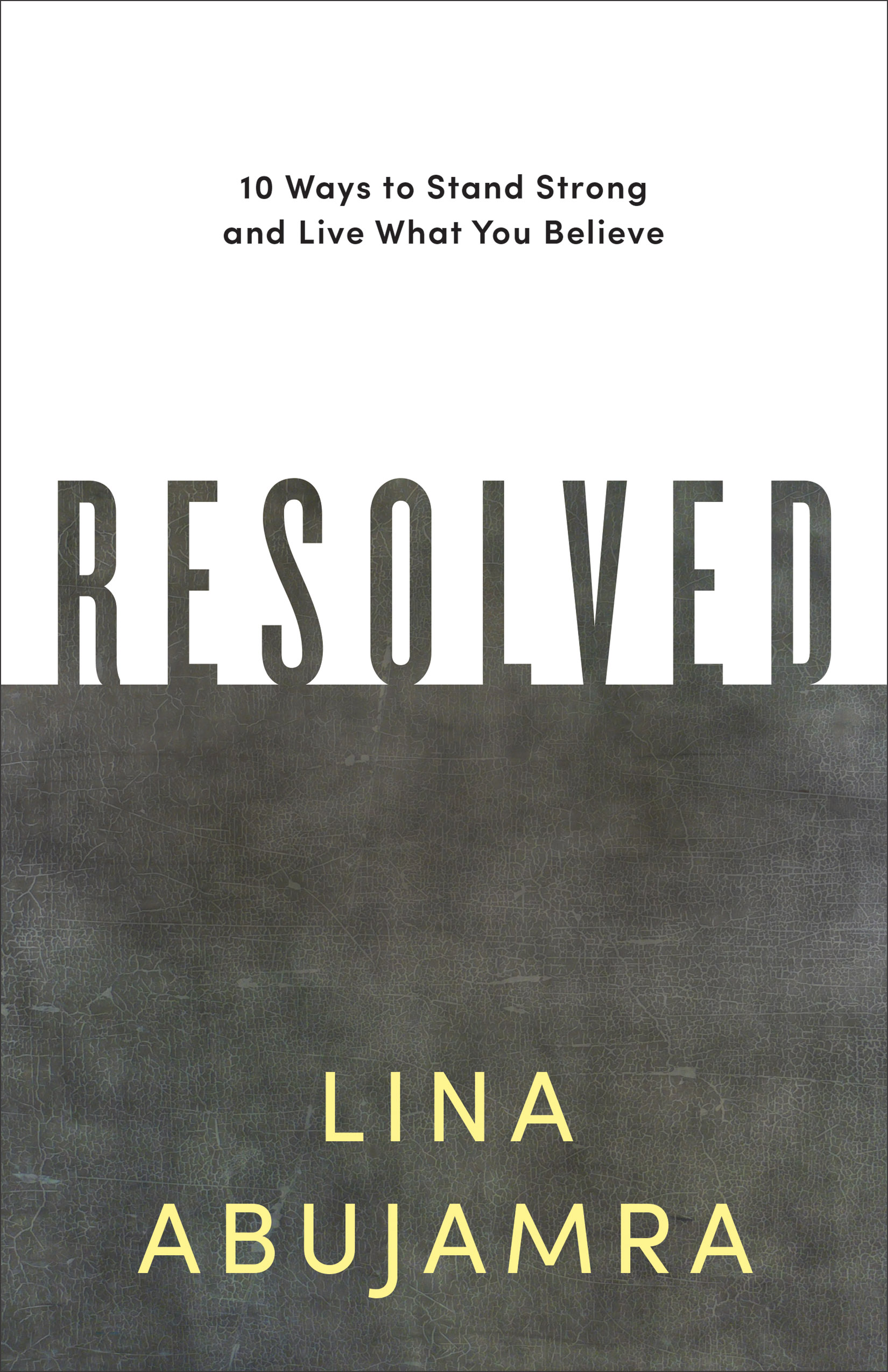Upgrade Your 'Roots' for a Harvest of Hope
Pam Farrel is a first-class encourager. I've seen her in action and enjoyed her encouragement myself! In this UPLIFT post, Pam encourages us to consider how we might reap a greater 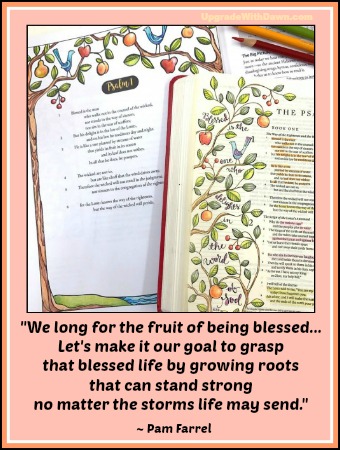 harvest of hope in our lives.
harvest of hope in our lives.
Pam says, "We all want to be blessed by God, right? But, do we desire to place ourselves in line to receive the blessing?"
I (Dawn) know that's true. So often I WANT the blessing, but I'm not intentional about preparing for it!
Pam continues . . .
I have decided I want to be like mint. Yes, that lovely tasting green leafy plant.
Its smell is unique and recognizable. Its taste is smooth, fresh, sweet, tasty and comforting.
Yes, if you love mint, your mouth is already watering with the thought of soothing, fresh mint in your tall glass of ice cold tea on a hot summer’s day; that sweet yumminess of mint chip ice cream at the end of a hard day’s labors, or that romantic kiss that happens right after a minty spray.
Yes, we love the impact and affect mint has. But how does mint get to be, well, mint?
Last spring, after the sale of our home, we went to live on our family’s vineyard. On that property is a beautiful garden. My sister-in-law loves mint, like I do, so she planted some in cement buckets buried in the ground.
But she did not know the power of mint!
That mint broke through those containers, spread throughout the entire garden and when it was beginning to break up the asphalt driveway, she knew we all had to take action! I volunteered to take on the challenge of mint removal.
Wow! I had no idea of the strength and power of the mint!
- First, I tried to chop at the roots. Nope—iron clad!
- Then I tried to yank at the roots. Forget that, not even weight-lifter could budge this hard cord mint!
- Finally, I decided to try to out-smart the mint. I investigated the power of the mint. Here is the secret to its strength—the root system.
That cute little green plant you pick in bunches have roots that sink yards deep into the ground and are interwoven and braided into one another in every direction!
I began to truly admire the tenacity of mint!
Upgrade Your Roots
Standing in the field of mint, in awe of the deep, intertwined root system holding the fragrant mint secure, my mind jumped to Psalm 1.
See, for the past two years, I have been 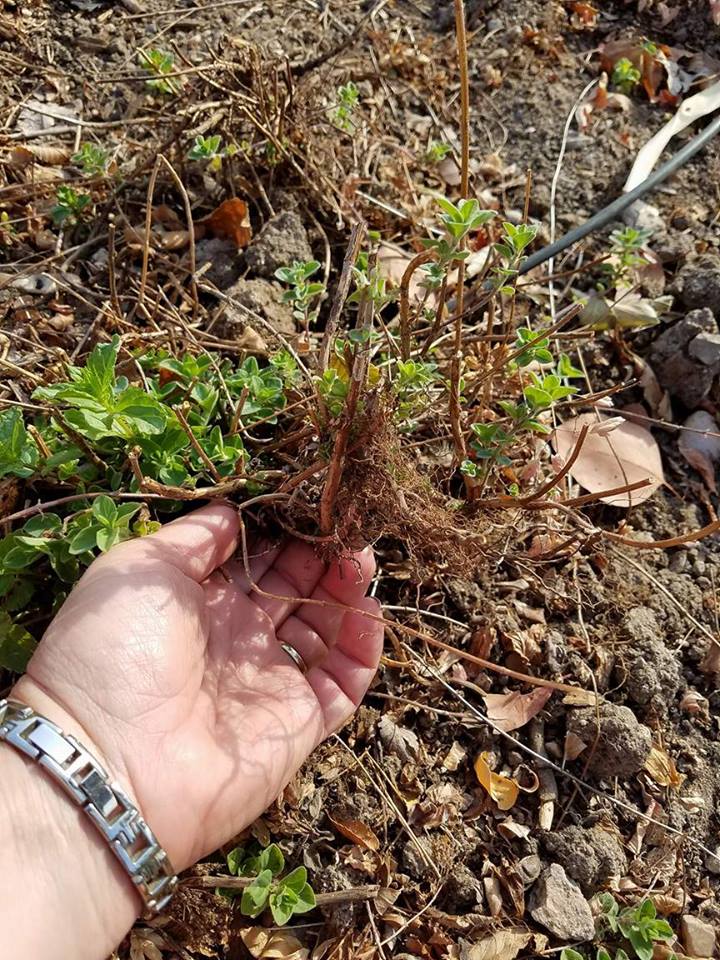 submerged in the Psalms, writing Discovering Hope in the Psalms: A Creative Biblical Experience.
submerged in the Psalms, writing Discovering Hope in the Psalms: A Creative Biblical Experience.
Psalm 1 begins with that word we all hope for: “Blessed.” We long for the fruit of being blessed; and we desire to be a tree that “yields fruit” and “prospers.”
Verse two reveals the key that unlocks such blessing: “his [her] delight is in the law of the Lord and on his law he meditates day and night.”
Sometimes the fruit people see in my life and family is like that sweet fragrant scent of mint. People often ask me how I have overcome traumatic family of origin issues or how my husband, Bill, and I have formed a lasting marriage and successfully raised children who love and serve God.
My response is always the same: “The power is in the Word.” It is not me, it is the roots God has grown in my life through HIS power!
As I studied Psalm 1, I pondered what it would mean to be a tree planted by streams of water with leaves that NEVER wither.
Following the research trail, I discovered that the “rivers/streams” mentioned are irrigation canals common in the Middle East. Fruit trees, especially the nutritious and delicious date palms, were planted near these waterways to ensure prosperity.
To grow my roots a little deeper, I continued doing word studies on “tree,” “planted,” “yields fruit,” and “prosper.”
- I responded to God with prayer and praise.
- I penned a poem in my own psalmist-like way.
- I prayerfully savored the fruit of these studies on walks down my tree-lined driveway.
- I sketched a tree with deep roots.
- Into my Journaling Bible. In short, I sat in the shade of this Psalm 1 tree and reflected on my life.
Then, in God’s perfect timing, a tree on our property fell. It was not a strong wind or a raging storm that toppled it—no, it was a beetle that can do its damage only in drought conditions.
In California, we’ve been on strict water rationing because of a nearly decade-long drought.
The tree appeared healthy, but because of lack of water, it was dead inside.
It was a vivid reminder of what kind of tree I did NOT want to become! And the “living water” of the Word would be the difference!
So, friend, let’s do make it our goal to grasp that blessed life by growing roots that can stand strong no matter the storms life may send.
Or BE MINT, with roots interwoven with others who are also deeply rooted in the Word. Your deep roots will produce a sweet and fragrant life!
Turn on the soaker hose, pull out the sprinklers, and get out your watering can by reading, memorizing, worshipping, meditating on, and creatively responding to the verses God is placing along your path.
Daily study will deepen the roots of your life and help you find and hang on to hope.
And as for that field of mint on our family farm? We decided to let it stay since it is so deeply rooted there so I am thinking of writing a cookbook on 1001 Recipes for the Mighty Mint!
 Pam Farrel is the author of 45 books, an international speaker, and relationship expert who seeks to breathe life into people’s most vital
Pam Farrel is the author of 45 books, an international speaker, and relationship expert who seeks to breathe life into people’s most vital 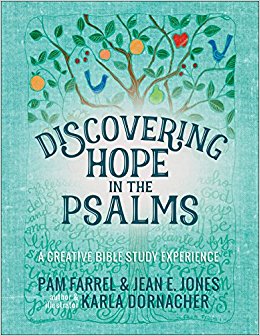 relationships through the ministry she runs with her husband, Love-Wise. Today’s blog is adapted from her newest book, Discovering Hope In the Psalms: A Creative Biblical Experience. (Co-authored with Bible teacher Jean E Jones and artist, Karla Dornacher ) For more Bible study tips and tools to help your roots grow down deep in the Word and your hope to grow sky high, see www.DiscoveringHopeinthePsalms.com
relationships through the ministry she runs with her husband, Love-Wise. Today’s blog is adapted from her newest book, Discovering Hope In the Psalms: A Creative Biblical Experience. (Co-authored with Bible teacher Jean E Jones and artist, Karla Dornacher ) For more Bible study tips and tools to help your roots grow down deep in the Word and your hope to grow sky high, see www.DiscoveringHopeinthePsalms.com
Psalm 1 Graphic adapted, artwork courtesy of artist, Karla Dornacher; Mint photo from Pam Farrel.
 Post a Comment → Posted on
Post a Comment → Posted on  Thursday, September 7, 2017 at 8:46AM
Thursday, September 7, 2017 at 8:46AM  Blessing,
Blessing,  God's Word,
God's Word,  Hope,
Hope,  Living Water,
Living Water,  Mint,
Mint,  Pam Farrel,
Pam Farrel,  Psalm 1,
Psalm 1,  Rooted in the Word,
Rooted in the Word,  Storms of Life,
Storms of Life,  Strength,
Strength,  Upgrade with Dawn Upgrade Your Life
Upgrade with Dawn Upgrade Your Life  Bible Study,
Bible Study,  Spiritual Growth,
Spiritual Growth,  UPLIFT Encouragement,
UPLIFT Encouragement,  UPLIFT Stories
UPLIFT Stories 







